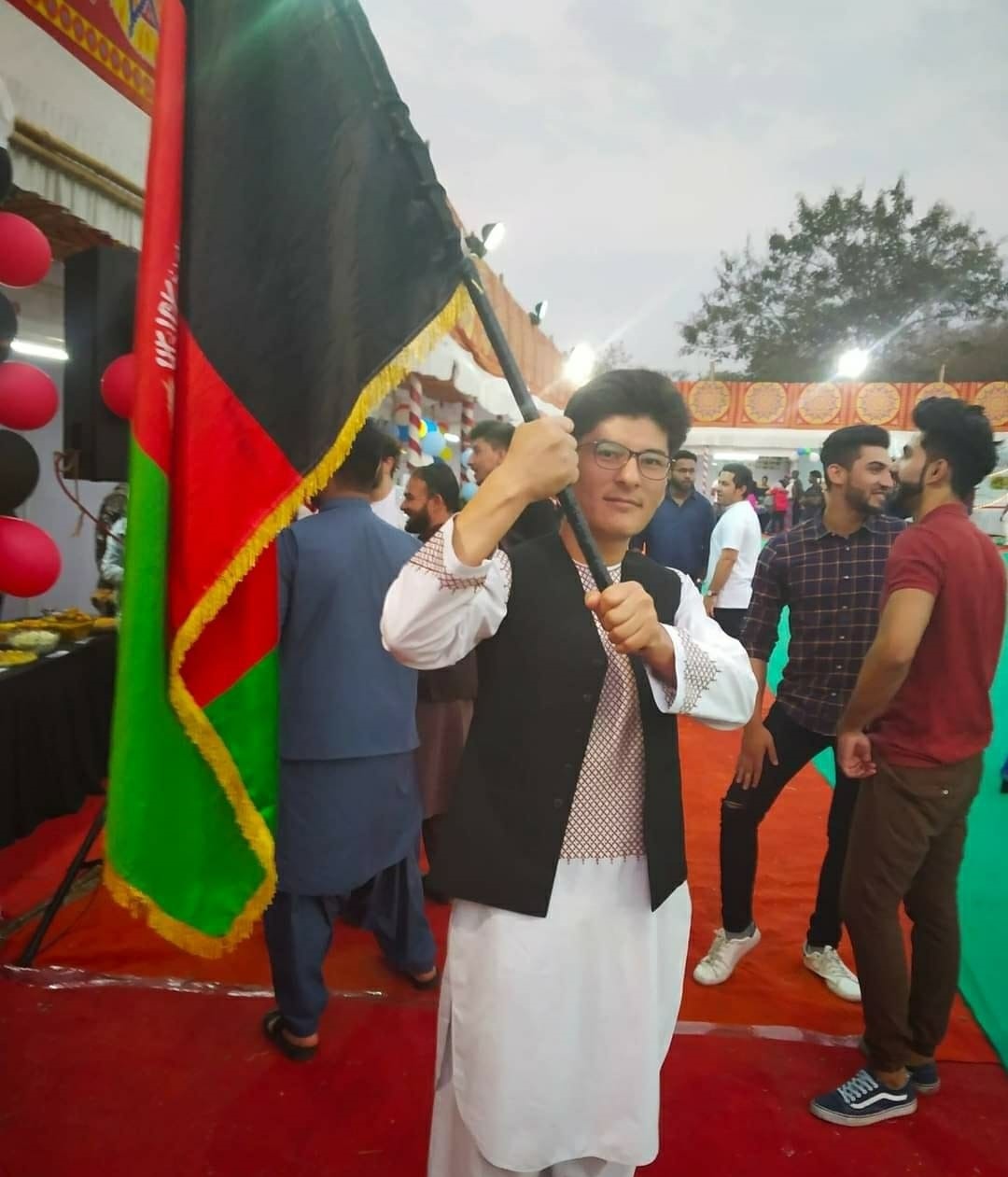Deliberate and large-scale killings of Hazara men, women and children are prime examples of crimes against humanity.
It is 11 am on 19 April 2022. I am going to attend college lectures; on the way to college, I start scrolling down the social pages to know what’s going on around the world. The first news on twitter is about three explosions at west of Kabul in the Dashti-e-Barchi area, a place mostly dominated by the Hazara community. The news itself is like an explosion on my head, it shocks me, not because it is the first time, but because my family and lots of my friends and relatives are living in Dasht-e-Barchi. I switch to Facebook to gain more information and check the reliability of the news, since most of my friends currently live in Kabul’s Dashte-e-Barchi area. The Facebook pages are full of pictures from the explosion area and lots of videos, taken by civilians, from the incident site.
Three explosions took place in one day at a peak time, 10:00 am Kabul time. Two explosions at Abdul Rahim Shahid, a boy’s public high school, and one at Mumtaz educational center on 19 April 2022. The Taliban claimed 7 to 10 deaths, but sources and Haji Mohammad Mohaqiq, the former leader of the Hazara community, reported around 126 deaths and 73 injured. The number of deaths rose since Taliban didn’t allow people to donate blood to the injured students and prohibited families from seeing their dead or injured children, the whole day.
Taliban didn’t allow journalists from covering the incident and detained one journalist, Ali Reza Shahir, from Rah-e-Farda TV. Meanwhile, they took his camera’s memory card and removed all the videos of the incident and threatened him if he tried to broadcast the incident. Though the incident was condemned by most international organizations such as the US Embassy, the UN, politicians, and civil rights activists, people and media activists started a petition and twitter campaign with the hashtag of #StopHazaraGenocide, to highlight their objections against the condemned culture and claimed that it won’t makes things better, and action was needed. Most civil right activists believe that Hazara people are being targeted systematically for the past 20 years because of their ethnic and religious identity and the violence increased after 2016.
Dawood Naji, a political activist, tweeted: “Killing of Hazaras at schools, sport clubs, in mosques and hospitals in nothing but a systematic genocide.” Mohammad Farid, former prosecuting attorney of Afghanistan, joined the #StopHazaraGenocide campaign on twitter and tweeted: “Targeted and systematic killing of Hazaras based on their ethnic and religion is crime against humanity and should be taken up in international court.” Rahmatullah Nabil, former director of NDS, tweeted; “The continuous brutal attacks of the vampires of the century against the followers of a particular religion and the most civilized ethnicity of Afghanistan in mosques and educational centers, is a conspiracy that can’t be called anything but genocide.”
Yet, the source of the present attack is not clear—no group, Taliban or ISIS took responsibility for the explosion. The day after the Kabul explosion, once again in northern Afghanistan at Balkh province, another explosion took place inside a mosque during a prayer and killed over 60 and injured 73 Hazara people. Hazaras are an ethnic and religious minority in Afghanistan who are the most peaceful and educated people of Afghanistan. Due to their ethnic and religious identities, they are targeted by the Taliban and other terrorist groups. In the past 5 years, Hazara people have been targeted more than 100 times—on the way to schools, universities, hospitals, practically everywhere.
The deliberate, large-scale and systematic killings of Hazara men, women and children are the prime examples of crimes against humanity. These crimes that have been committed and are being committed on a daily basis against our people, must be investigated and acted upon by the ICC. Hazara people’s lives are not safe and we are calling on the international community to pay attention to our safety and security. #StopHazaraGenocide.
(Ahmad Zia Rohani is an MBA student in Pune and has written articles on social, political and economic issues.)

